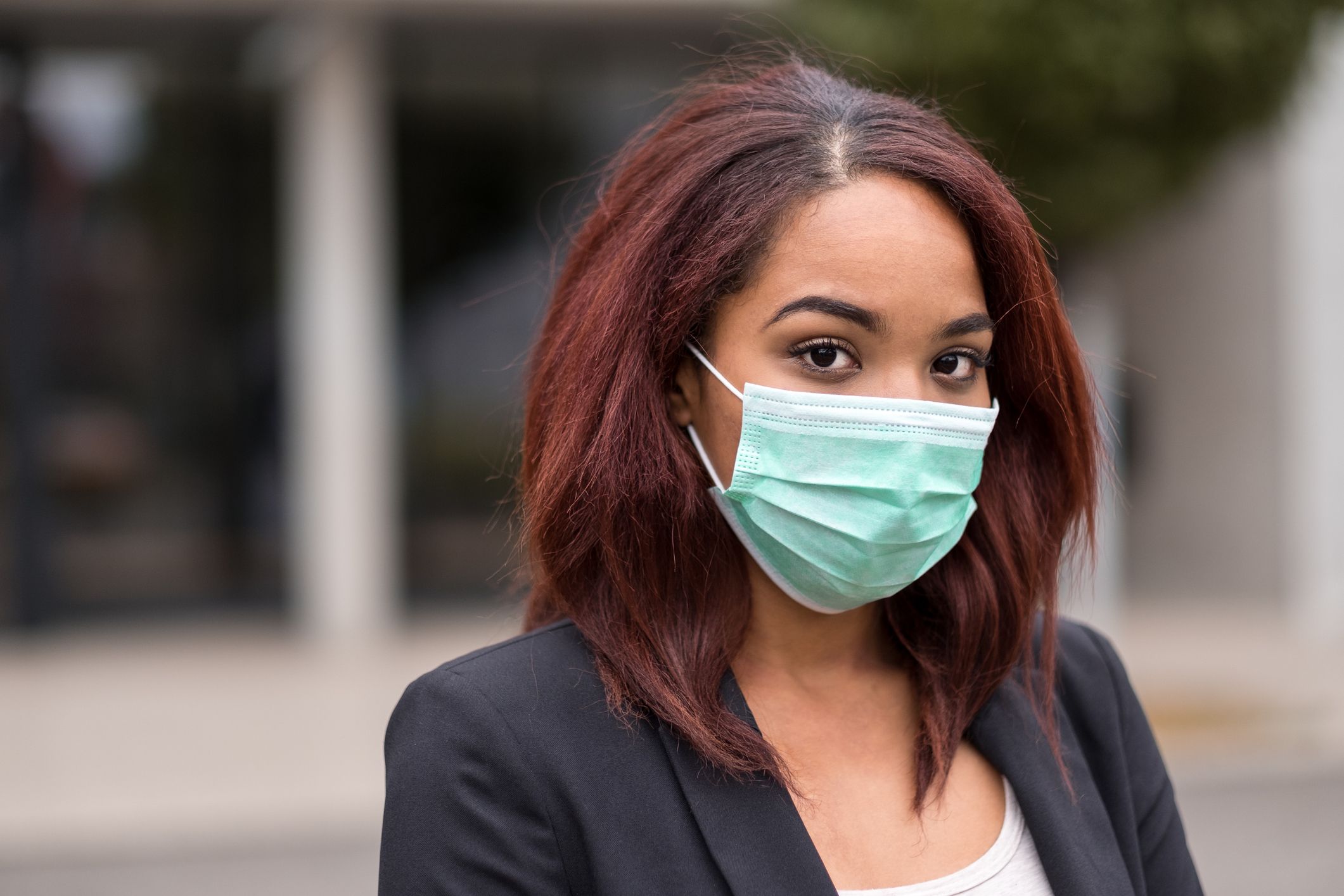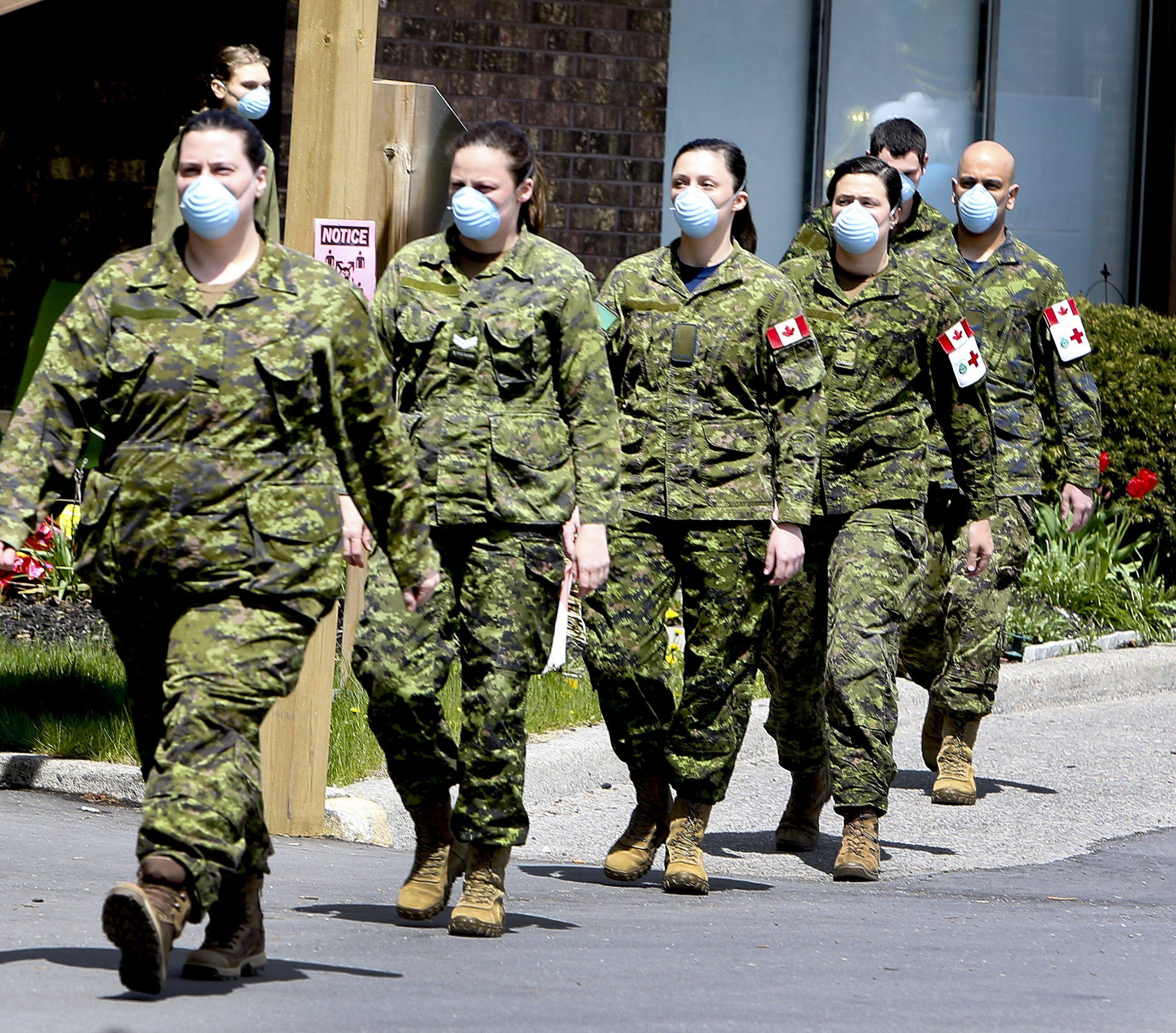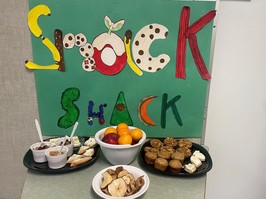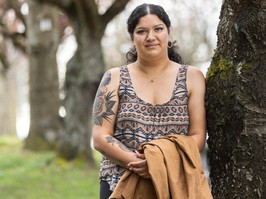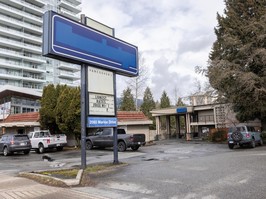The pandemic has taken a heavy financial toll on almost two-thirds of American patients and forced millions to make a desperate decision between food or badly needed medication, according to a new report that lays bare the harsh realities of the COVID era.
The 2021 Medication Access Report
, released Tuesday by U.S. software company
CoverMyMeds
, found 36 per cent of people passed on their prescription medication in order to pay bills and other basic needs. The daunting decision also went in the other direction, with 43 per cent bailing on pressing expenses in order to obtain their vital medication. Forty-one per cent of patients said they have stretched out their doses — or skipped some altogether — to make medication last longer.
“I don’t know how people can afford to be sick and still live their lives,” said Patricia F., one of the patients featured in the report, who shared her experiences in dealing with
multiple sclerosis. “I take it one day at a time and hope I’m not going to find out when it’s too late that I really should have been on medication.”
The report, which surveyed 1,000 patients, 400 health care providers and 328 pharmacists over a two-month period last fall, provides a prescription to help deter this demoralizing trend through the use of technology and other tools to better serve the needs of patients. Improving transparency with regards to prescription prices is integral, the report said, as is the continued development of electronic support services to ensure patients don’t feel cut off from treatment.
 3 minute read
3 minute read


